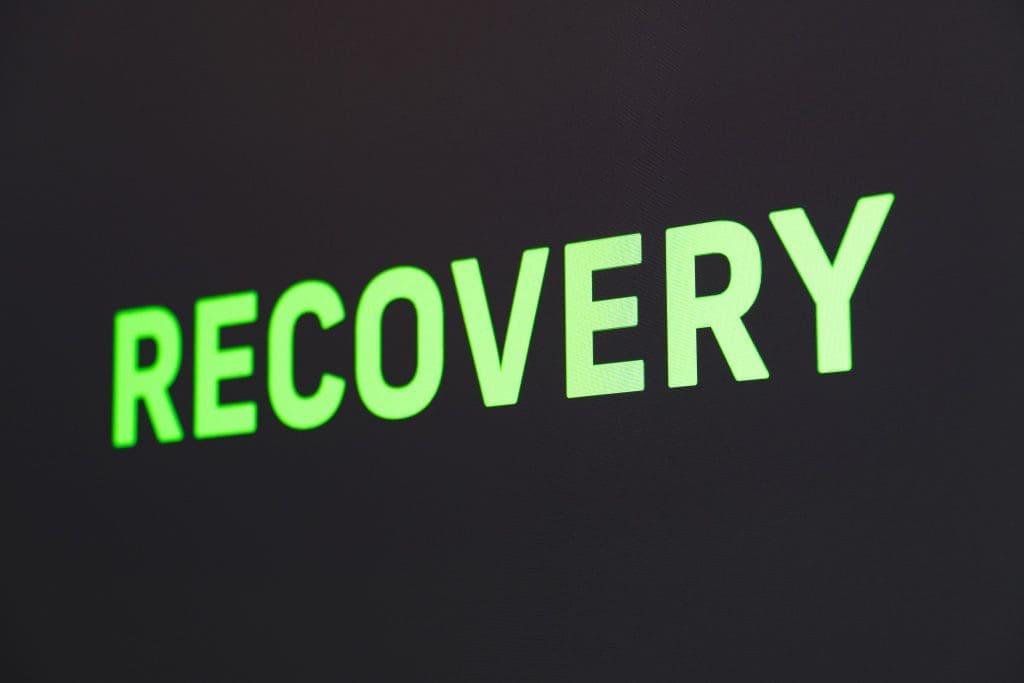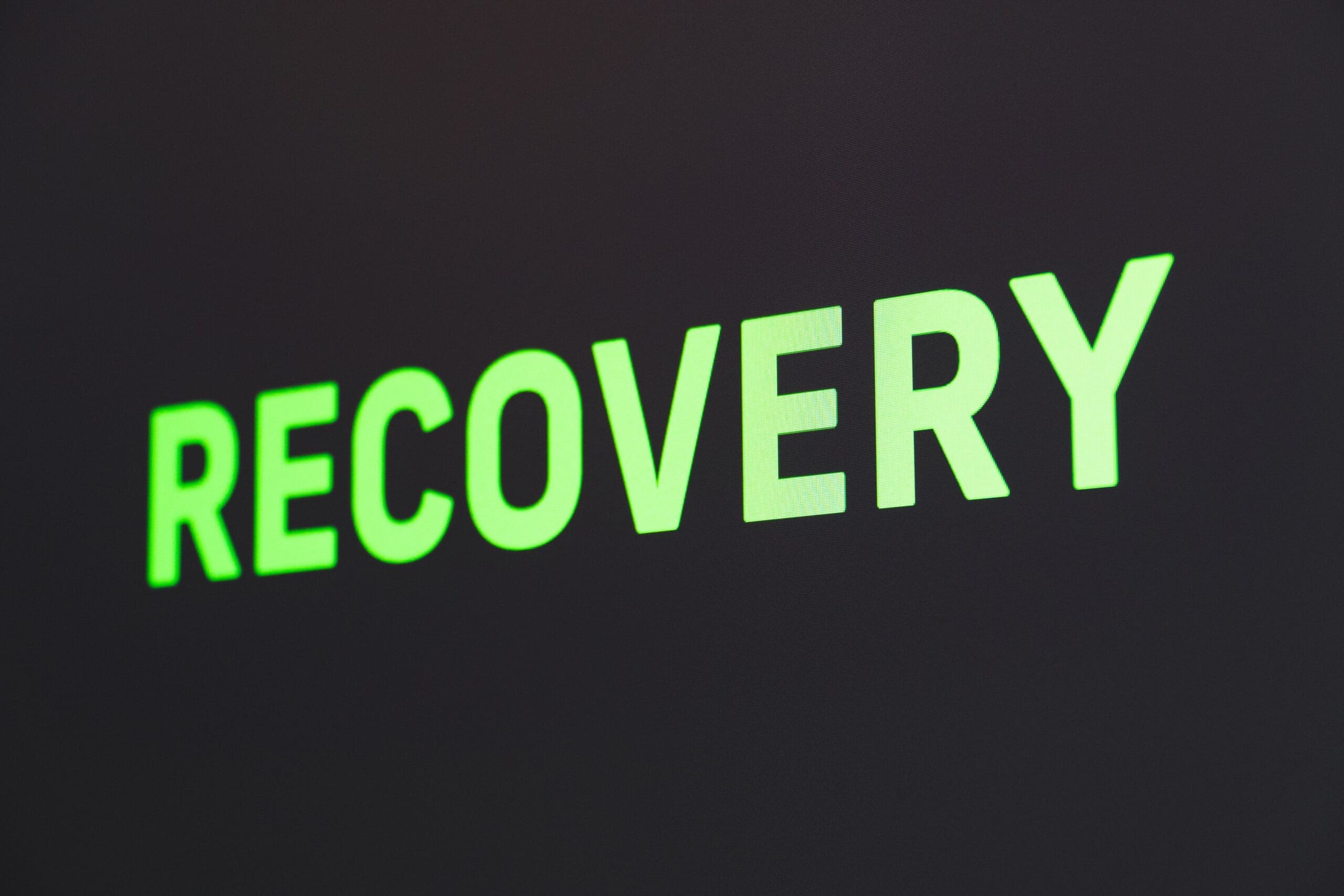Preventing Addiction Relapses Under Lock-down
The runoff from COVID-19 lock-down is deep and murky, and healthcare challenges are some of the most difficult to overcome. Not only are many addiction facilities limiting their capacities, but merely being at home can lead to mental health issues, including drug, alcohol, and pain pill addiction relapses. Preventing Addiction Relapses is critical during these times.

Luckily, both hospitals and support groups like Alcoholics Anonymous and Narcotics anonymous are utilizing digital means to give their members a “place” to go to continue group therapies. In addition to new ways to get help, here are some more tips for preventing addiction relapses during COVID-19 lock-down.
Why?
Confronting public health issues head-on is, like so much, a more daunting task now that COVID-19 has forced so many into their homes. Addiction falls into this category. Experts believe that addiction will be more challenging during the coronavirus stand down, as those in recovery often rely on their schedules to keep them from straying off the path to recovery. Anxiety also can be a trigger for relapse, and the uncertainty that comes with “the new normal” is causing spikes in anxiety across the globe. Relationships have also proven a bit more difficult for many during the lock-down, and negative views of an otherwise positive relationship can also be triggers.
Some good comes with the stand down, too, as tempting situations for recovering drinkers and drug users may now be limited, as gatherings have been.
Self-Prevention
If you or a loved one is experiencing uncomfortable emotions or overwhelming anxiety because of lock-down, the first step in avoiding relapse is to make your new life feel like your old one. Establishing a schedule and sticking to it, even if it means being home all day, helps the mind stay focused, and developing a routine doesn’t allow for a random time to think about drugs or alcohol.
Make sure friends are still part of that routine, as well, and schedule weekly Zoom sessions or phone calls with loved ones or friends who are going through the same things as you. Almost all major addiction support organizations have also “went digital” in order to support their members and allow their members to support themselves further.
If anxiety is building and has been known to be a trigger, listening to calming music and performing breathing exercises can limit anxiety. Yoga, Exercise, and healthy eating habits are all simple but effective ways to keep anxiety at bay and further avoid potential relapse.


Help
If the struggle becomes to difficult to deal with by yourself, there are many online options to help you cope and stay on your path to recovery. If you’re on the go, download some of these apps to keep your mind on track. Pear ReSET is a free, FDA-approved digital therapy app that includes a 12-week program with scheduled check-ins. Rehabilitation patients who used the app showed a 25% increase in abstinence than those who did not use the app. Sober Grid is another free option that connects people in recovery to peers going through the same in a setting similar to Facebook. You can make “friends” and use those friends as a digital support group.
For large banks of resources, the aforementioned AA and NA groups offer a lot online. Many other services now connect patients with a wealth of information to help them avoid a relapse. Some of the more all-encompassing sites include the National Institute on Drug Abuse, 12-step-online, and Google’s “Recover Together” that connects you with local groups and individuals looking for similar support.
Sourcing and speaking with a therapist or certified counselor is another excellent route to help you work through the feelings that drive you to consider relapsing. Therapists are armed with a toolkit of frameworks and thinking mechanisms that can help you re-frame your situation in a different light and engage more positively with your relationship to addiction.
Channel Anxious Energy Elsewhere
It’s often the anxiety about the uncertainty of the situation that we are living in that drives people to comfortable but unhealthy tendencies such as alcohol or substance abuse. As anxiety and depression amongst Americans are on the rise during the pandemic, it’s essential to find other channels to express and work through negative feelings.
Try engaging in a new hobby such as photography or crafting. You can also incorporate more physical exercise into your daily routine. Morning walks and runs are a great way to channel that impulse to reach for an unhealthy, quick fix into something positive. Exercise releases dopamine and endorphins that can help you be a part of healthier mind space.
Post-COVID
As many parts of the country start to open up, daily schedules will once again need to be molded to deal with the “new normal.” Staying confident that the new normal will be the old normal sooner than later is very important for the mental side of avoiding relapses. COVID-19 didn’t do anyone any favors, but many organizations have taken steps to ensure lock-down doesn’t mean you’re left alone. Lean on friends, family, and professional help to help you cope.




